Acne is a common skin condition, but what if those persistent bumps, painful lumps, or recurring skin lesions aren’t acne at all? Many people struggling with “acne-like” symptoms could actually be dealing with a condition called hidradenitis suppurativa (HS). This chronic skin disease is often misdiagnosed, leaving patients frustrated and untreated for years.
Hidradenitis suppurativa is a hard-to-diagnose skin problem that frequently mimics acne. However, unlike acne, HS often appears as painful, inflamed lumps that can rupture and cause scarring. Understanding the symptoms and treatment options is crucial for managing this condition effectively. Here, we will be taking a look into hidradenitis suppurativa symptoms, treatment options, and medications to help you identify and address this challenging condition.
What Is Hidradenitis Suppurativa?
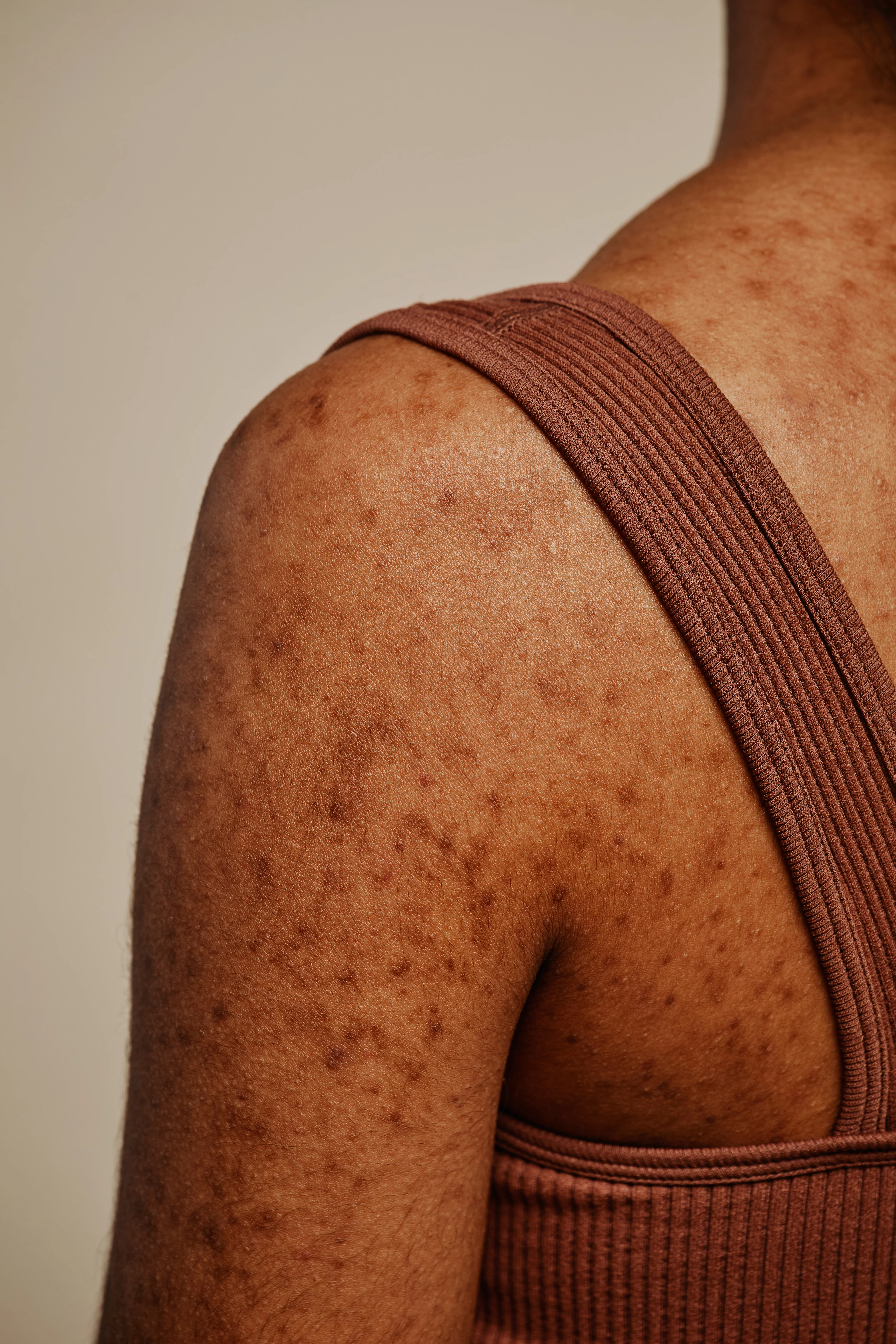
Hidradenitis suppurativa is a chronic inflammatory skin disease affecting areas with sweat glands, such as the face, underarms, groin, buttocks, and under the breasts. It causes painful bumps, abscesses, and tunnel-like tracts beneath the skin. While it often starts as small pimples or boils, the condition can progress into severe, recurring sores.
A proper diagnosis requires specialized care, often from a dermatologist. There are no specific laboratory tests for diagnosing hidradenitis suppurativa, but a healthcare provider can make the diagnosis based on symptoms, skin appearance, and medical history. For individuals experiencing persistent or worsening symptoms, consulting a skin specialist is essential.
Hidradenitis Suppurativa Symptoms
One of the reasons hidradenitis suppurativa is hard to diagnose is its similarity to other skin issues. Common symptoms include:
- Painful bumps or nodules that often start as small, tender lumps.
- Recurring abscesses that may drain pus and have an unpleasant odor.
- Tunnel formation under the skin, connecting abscesses and creating a network of lesions.
- Scarring and dark spots left by healed or ruptured bumps.
If these symptoms sound familiar, it’s worth consulting a healthcare provider about hidradenitis suppurativa. Identifying the condition early can help prevent complications like severe scarring and limited mobility.
Hidradenitis Suppurativa Treatment Options
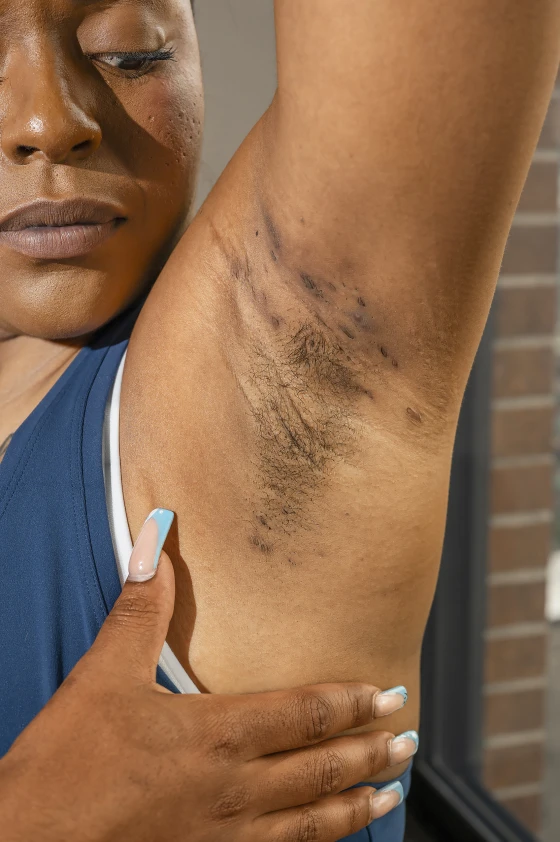
Although there’s no cure for hidradenitis suppurativa, various treatment approaches can help manage symptoms, reduce flare-ups, and improve quality of life. Treatments fall into two main categories: medical and surgical.
Medical Treatments
#1. Topical and Oral Antibiotics
Mild cases may respond well to topical antibiotics applied to the skin. For more severe conditions, oral antibiotics like doxycycline or clindamycin may be prescribed.
#2. Hormonal Therapy
Hormonal treatments, such as oral contraceptives or spironolactone, can help regulate hormonal imbalances that may trigger flare-ups.
#3. Biologic Medications
Biologics like adalimumab (Humira) and infliximab (Remicade) are injected to target specific parts of the immune system. These treatments are effective for moderate to severe hidradenitis suppurativa.
#4. Steroid Injections
Triamcinolone injections can help reduce inflammation and swelling in individual sores.
#5. Oral Retinoids
Similar to acne treatments, oral retinoids may be effective for mild to moderate cases. However, these are not recommended during pregnancy or breastfeeding.
#6. Pain Management
Over-the-counter pain relievers or prescription medications can help manage discomfort during flare-ups.
Surgical and Procedural Treatments
For advanced cases, medical treatments alone may not be enough. Surgical options include:
- Unroofing: A procedure that removes tissue to expose and treat tunnels beneath the skin.
- Laser Therapy: Carbon dioxide lasers can treat sores and reduce recurrence.
- Surgical Removal: Severe cases may require removing affected skin entirely, sometimes with skin grafts.
Lifestyle Tips for Managing Hidradenitis Suppurativa
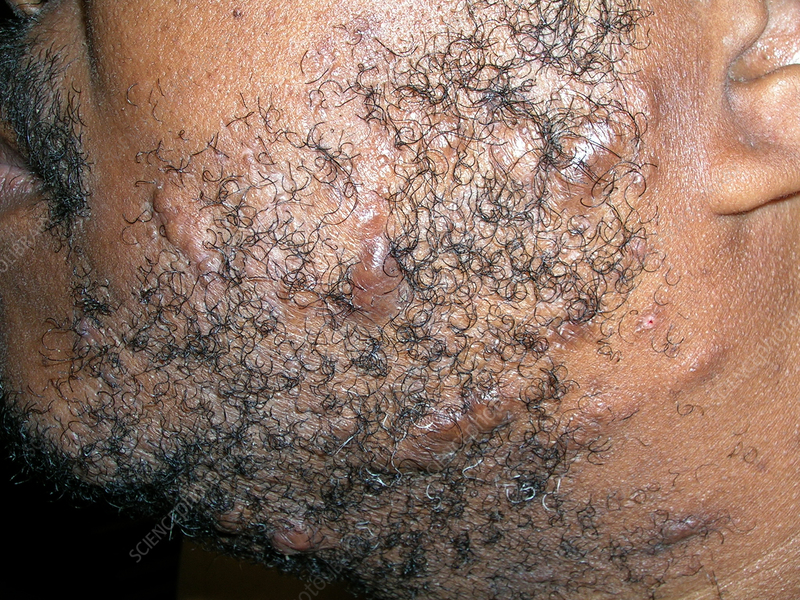
In addition to medical care, adopting certain lifestyle habits can help control symptoms:
- Daily Skincare Routine: Use gentle, soap-free cleansers and avoid harsh scrubbing.
- Diet Modifications: Reducing dairy, red meat, and high-glycemic foods may lessen flare-ups.
- Weight Management: Maintaining a healthy weight can improve symptoms.
- Quit Smoking: Smoking is linked to worse outcomes in hidradenitis suppurativa.
When to See a Doctor
If you suspect your “acne” might be hidradenitis suppurativa, don’t delay seeking professional advice. Early diagnosis and treatment can significantly improve your quality of life and reduce complications. Regular follow-ups with a dermatologist and a tailored care plan are crucial for managing the condition effectively.
Final Thoughts
Hidradenitis suppurativa is a challenging, often misunderstood condition that requires specialized care. If you experience recurring painful lumps or abscesses, don’t dismiss them as simple acne. Consult a dermatologist to explore treatment options, including hidradenitis suppurativa medication and lifestyle adjustments.
With the right approach, it’s possible to manage symptoms and lead a healthier, more comfortable life. Stay proactive, seek support, and work with your healthcare provider to develop a comprehensive treatment plan tailored to your needs.
Featured image: Towfiqu Ahamed/Getty Images
For the latest in fashion, lifestyle, and culture, follow us on Instagram @StyleRave_
—Read Also

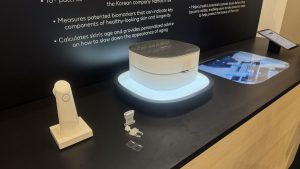

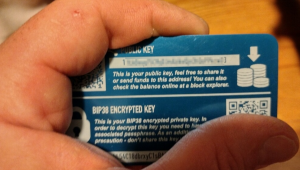








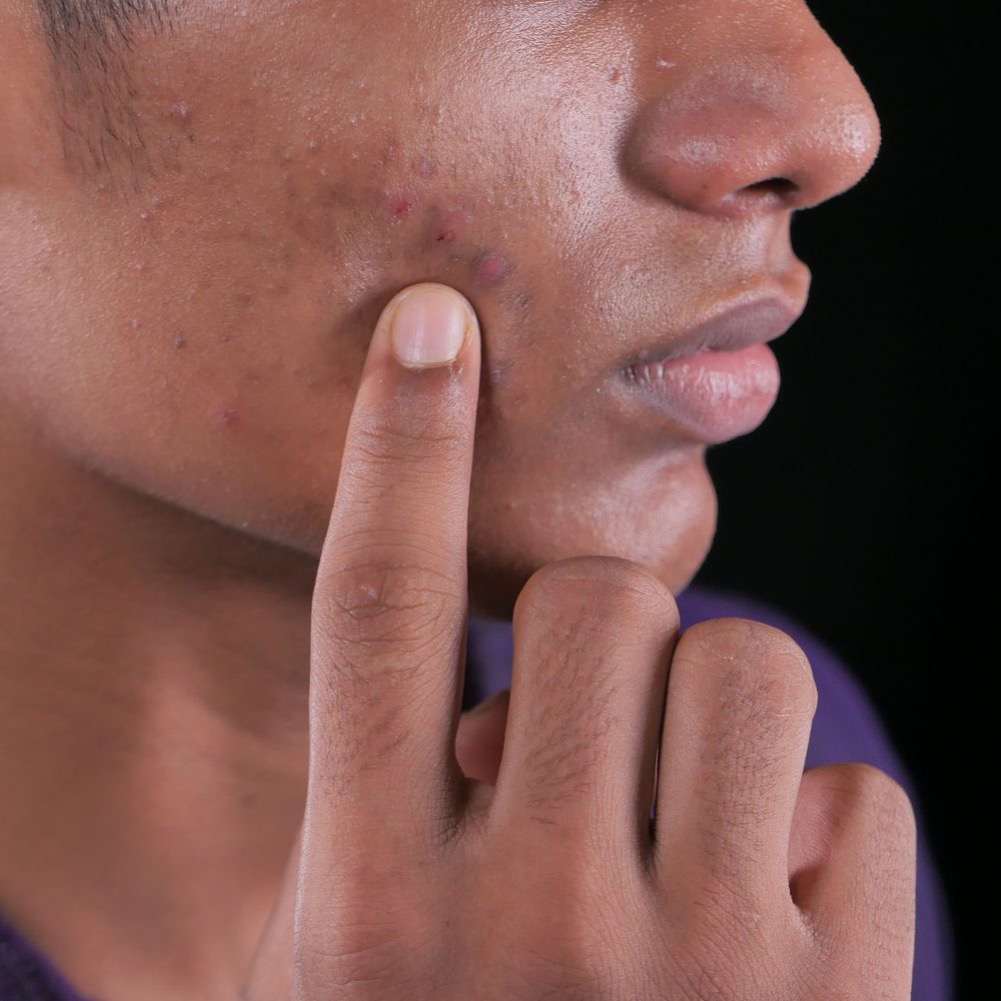




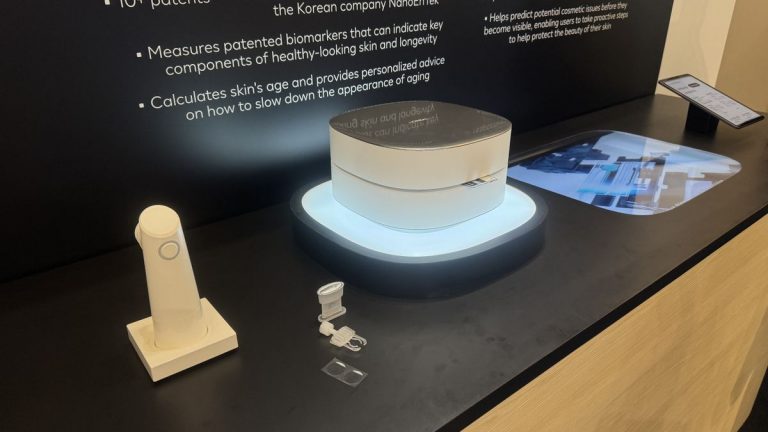


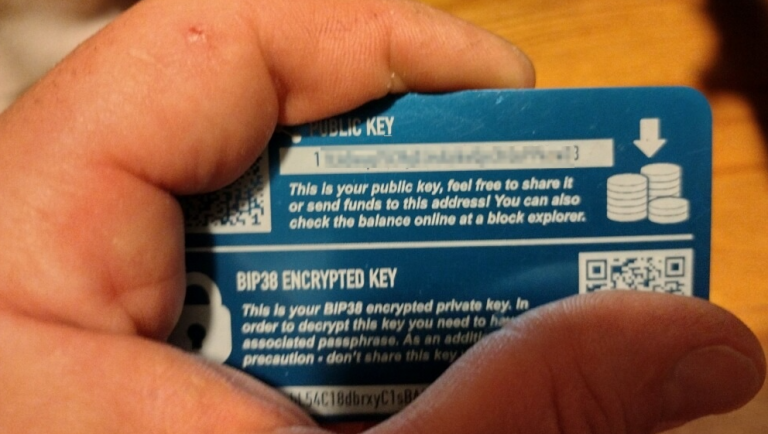



+ There are no comments
Add yours